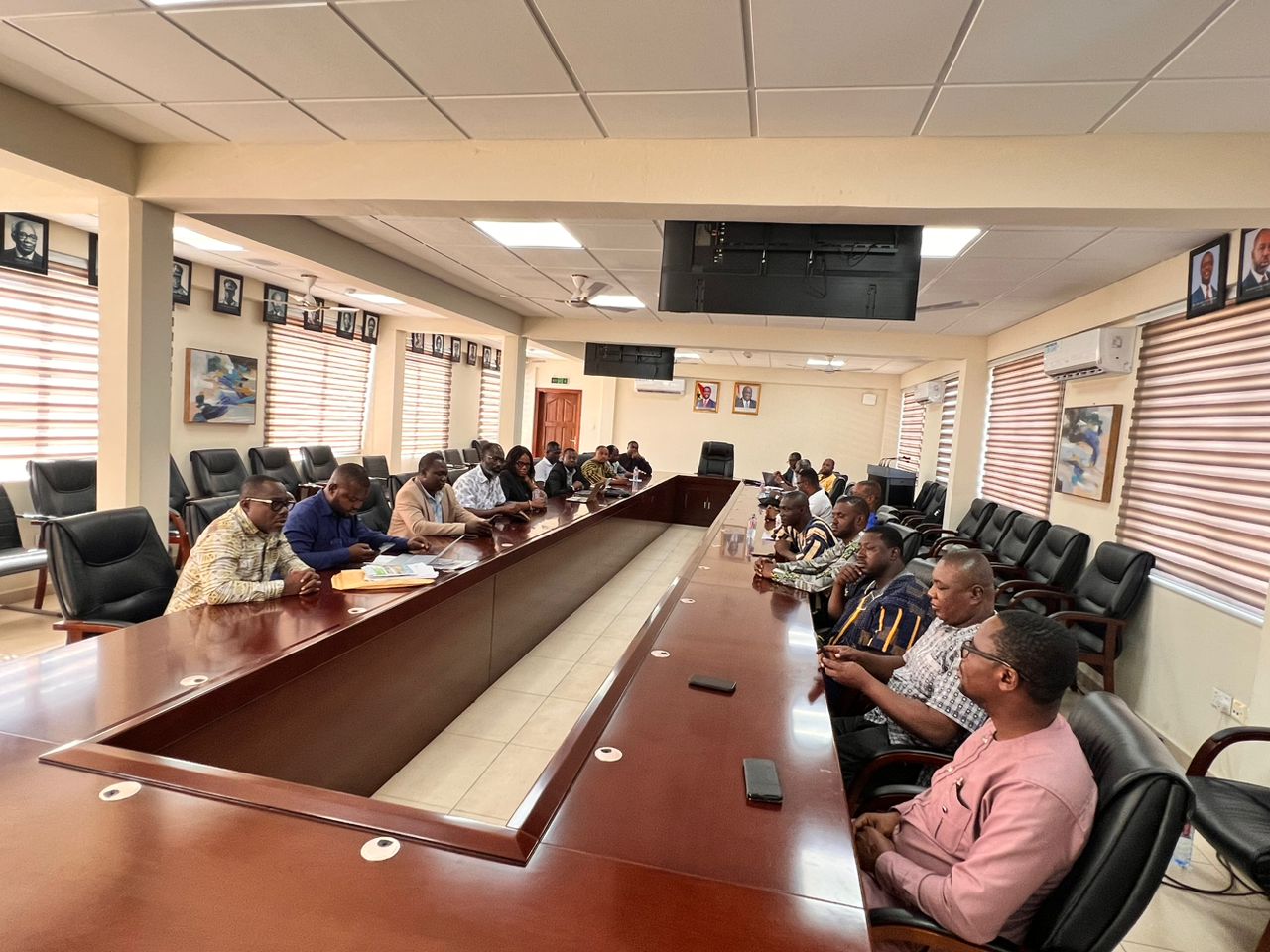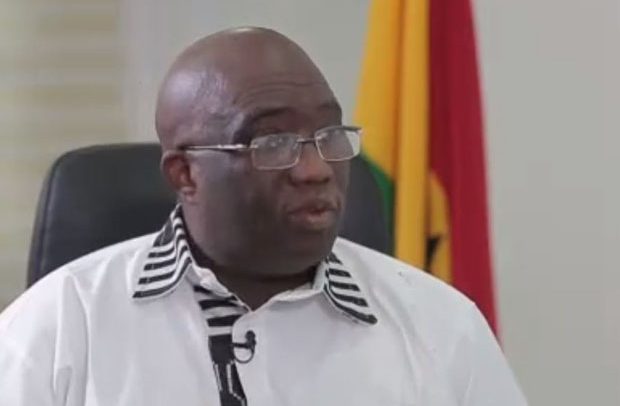
The Chief Executive Officer of the Fair Wages and Salaries Commission (FWSC), Dr. Edward Bernard Adjei-Poku, has proposed that Ghana consider adopting an hourly wage system as part of efforts to better link public sector compensation to productivity.
Speaking during a working visit by Parliament’s Select Committee on Employment, Pensions and Labour, Dr. Adjei-Poku stressed the need for a comprehensive performance management system and a shift away from traditional pay structures that reward attendance over output.
“In other countries, they have adopted systems where people are paid hourly. If we continue to pay for eight hours when people don’t actually work for those hours, why not consider paying for the actual hours worked?” he said, adding “Presentism, where employees simply show up but are unproductive, is widespread due to weak supervision. This reform is about addressing that.”
Dr. Adjei-Poku indicated that the FWSC is preparing to pilot the hourly pay model internally to assess its viability before proposing wider adoption. “If it works here, we can roll it out to other public institutions,” he noted.
The CEO also highlighted the broader challenges within the public sector wage system. He lamented the resurgence of pay inequities despite the introduction of the Single Spine Pay Policy (SSPP) which was designed to promote fairness and equity in public service remuneration.
According to him, inflation and the erosion of base salaries have led many institutions to revert to heavy reliance on allowances, undermining the SSPP’s purpose.
He also expressed concern over the proliferation of collective bargaining certificates across public institutions, calling it a “major challenge” to unified wage negotiations.
“You have one institution with 10 to 14 different bargaining certificates – HR, accountants, and others all negotiating separately. It’s unsustainable,” he said, urging parliamentary and ministerial support to streamline the system.
Dr. Adjei-Poku acknowledged the need to restructure the FWSC itself in anticipation of its transition into an Independent Emoluments Commission, a new body proposed by the government to oversee all public sector salaries – from the presidency to junior-level employees.
“The aim is to eliminate inequities and ensure stability on the labour front. But this transition requires stakeholder engagement, internal reforms, and most importantly, significant investment in training,” he added, lamenting that training remains the least funded area in the public service.
As Ghana grapples with a bloated wage bill and calls for improved public sector efficiency, Dr. Adjei-Poku’s proposal may signal a new direction for how the nation rewards work in the public sector.
Chairman of the Select Committee, Joseph Appiah Boateng, said the committee’s visit formed part of its oversight responsibility. He pledged the committee’s support in addressing the FWSC’s challenges and enhancing its capacity to deliver on its mandate.
The FWSC was established by an Act of Parliament in 2007 and is tasked with implementing public sector pay policies, conducting job evaluations, coordinating collective bargaining, and advising on performance management among other responsibilities.
The full implementation of the SSPP began in 2010.
The post Fair Wages Boss Proposes Hourly Pay System To Boost Public Sector Productivity appeared first on The Ghanaian Chronicle.
Read Full Story


















Facebook
Twitter
Pinterest
Instagram
Google+
YouTube
LinkedIn
RSS